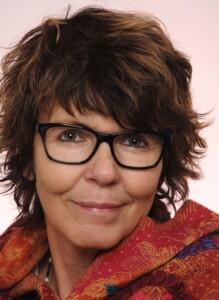 Katja Friedrich, How “Multi-Culti Can Work” – Media Education for Intercultural Tolerance, Journal THEMA JUGEND No. 1/2018: „Wir können Frieden“ (We can make peace)
Katja Friedrich, How “Multi-Culti Can Work” – Media Education for Intercultural Tolerance, Journal THEMA JUGEND No. 1/2018: „Wir können Frieden“ (We can make peace)
Tolerance and equity are key values of our democratic societies and form the basis for our peaceful co-existence. However, hate speech, discriminating or racist statements, and disinformation are on the rise – online and offline. Due to their intensive use of digital media, young people in particular are confronted with prejudice, fake news, and manipulative images, and are even exposed to extremist rhetoric that targets them intentionally. How can educational institutions respond adequately to this? How can everyone learn together to develop and express a respectful posture towards the “other”?
The European project “MEET” (Media Education for Equity and Tolerance) addresses this very issue: how can young people learn to see through the mechanisms of propaganda and discrimination and in doing so cultivate more constructive ways of expressing their own opinions? Since 2016, the project consortium with members in five European countries, among them medien+bildung.com in Ludwigshafen, has been developing learning scenarios for young people aged 13 through 19 in order to promote a critical and intercultural understanding of media as well as the ability to use media more consciously.
Young people and educators are being integrated into an “action research” process – research that is practically oriented and aims, in a mutual effort, at giving viable form to methods for intercultural media education.
Continue reading “How “Multi-Culti Can Work” – Media Education for Intercultural Tolerance”

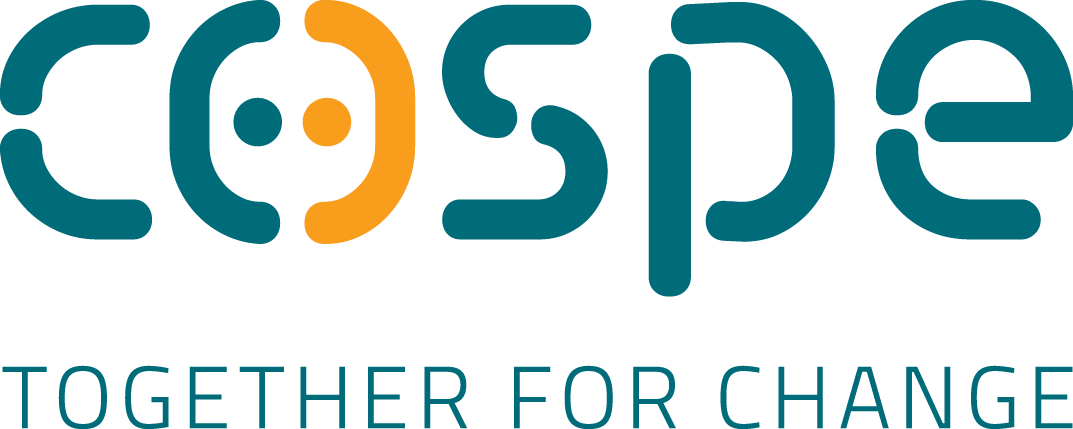
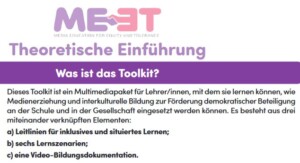 Die theoretische Einführung und die Leitlinien für inklusives und situiertes Lernen sind jetzt auch auf Deutsch erschienen. Ab sofort stehen auf der MEET-Website 5 Sprachversionen beider Dokumente zur Verfügung.
Die theoretische Einführung und die Leitlinien für inklusives und situiertes Lernen sind jetzt auch auf Deutsch erschienen. Ab sofort stehen auf der MEET-Website 5 Sprachversionen beider Dokumente zur Verfügung.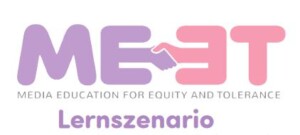 Das MEET-Lernszenario #2 “Mit meinen eigenen Worten” und Lernszenario #3 “Aufbau einer vielfältigen und demokratischen Gemeinschaft” sind die beiden ersten ins Deutsche übersetzten Lernszenarien. Weitere werden folgen.
Das MEET-Lernszenario #2 “Mit meinen eigenen Worten” und Lernszenario #3 “Aufbau einer vielfältigen und demokratischen Gemeinschaft” sind die beiden ersten ins Deutsche übersetzten Lernszenarien. Weitere werden folgen. On 18th and 19th September 2018 the 12th International Conference “Keeping Children and Young People Safe Online” took place in Warsaw. During the two days about 40 speakers from all over Europe presented programs, methods and up-to-date studies related to the safety of children and young people on the internet and engaged in debates and discussions. This year’s key topics were: Balancing online and offline life, Internet pornography and Sexting, Cyberbullying, hate-speech, Data-protection and privacy.
On 18th and 19th September 2018 the 12th International Conference “Keeping Children and Young People Safe Online” took place in Warsaw. During the two days about 40 speakers from all over Europe presented programs, methods and up-to-date studies related to the safety of children and young people on the internet and engaged in debates and discussions. This year’s key topics were: Balancing online and offline life, Internet pornography and Sexting, Cyberbullying, hate-speech, Data-protection and privacy.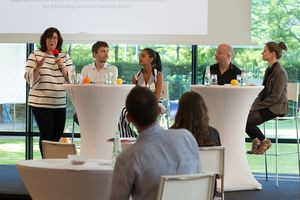
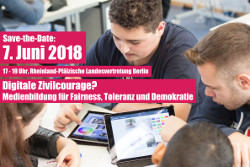 Digital civil courage?
Digital civil courage? Katja Friedrich, How “Multi-Culti Can Work” – Media Education for Intercultural Tolerance, Journal THEMA JUGEND No. 1/2018: „Wir können Frieden“ (We can make peace)
Katja Friedrich, How “Multi-Culti Can Work” – Media Education for Intercultural Tolerance, Journal THEMA JUGEND No. 1/2018: „Wir können Frieden“ (We can make peace)

 A total of 6 Learning Scenarios are going to be tested in Italy, Slovenia, and Germany. The first one started in Ludwigshafen, Germany on October 24th, 2017 and will be carried out throughout November.
A total of 6 Learning Scenarios are going to be tested in Italy, Slovenia, and Germany. The first one started in Ludwigshafen, Germany on October 24th, 2017 and will be carried out throughout November.